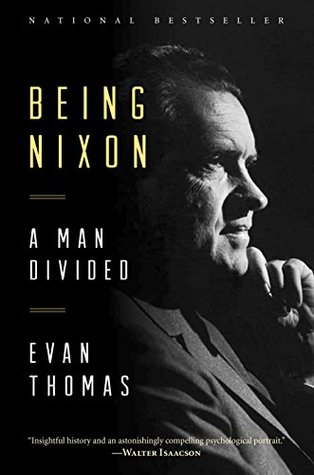More on this book
Community
Kindle Notes & Highlights
His accomplishments at home and abroad were great: opening up China, achieving arms control with the Soviet Union, ending (if too slowly) the Vietnam War, desegregating the Southern schools, increasing benefits for the elderly and the disabled, creating the Environmental Protection Agency.
“Don’t call anyone a liar. You’re not sure and if you are sure why advertise it? Let the lie die. Use silence.”
Rather, he disappeared into his study to read political philosophy: Plato, Aristotle, St. Thomas Aquinas, Kant, Pascal, Hegel, Rousseau, Hobbes, Locke, Montesquieu. He read Toynbee, Gibbon, and the memoirs of statesmen (all of Churchill’s), biography, and some fiction, Tolstoy and Dostoevsky (but not, unfortunately, the tragedies of Sophocles, Euripides, or Shakespeare).48
Historian Melvin Small cites what Congress passed and Nixon signed into law, sometimes after resisting but usually by compromising: extension of the Voting Rights Act, postal reorganization, the Clean Air Act, the Water Pollution Control Act, the establishment of the Environmental Protection Agency (EPA), the establishment of an Office of Consumer Affairs in the White House, expansion of the national park system, the Occupational Safety and Health Administration Act (OSHA), the Rail Passenger Service Act that created Amtrak, the vote for eighteen-year-olds, the State and Local Fiscal
...more


